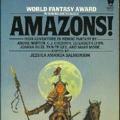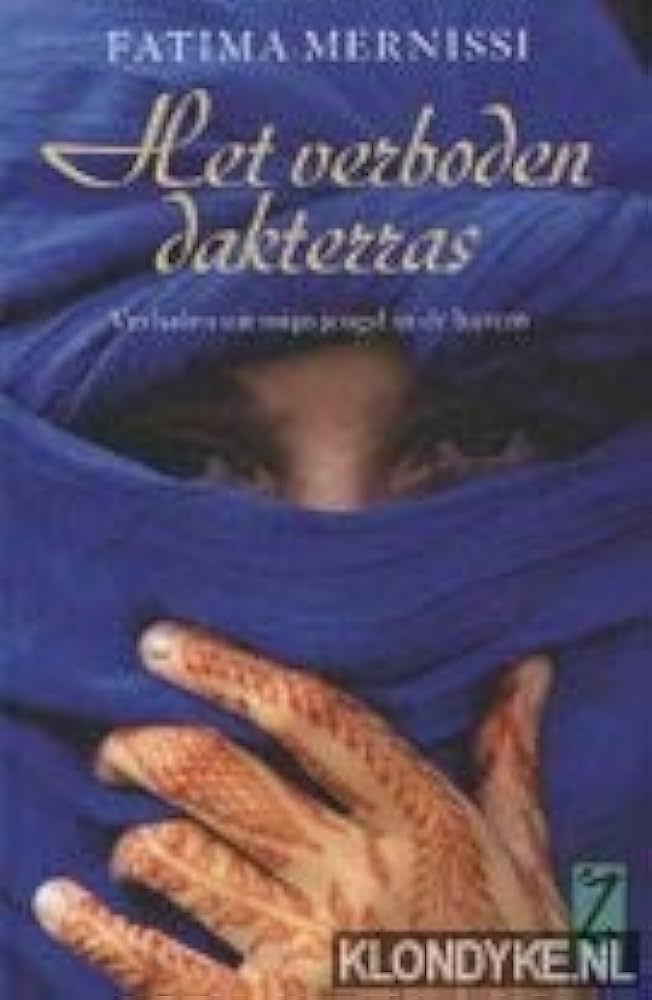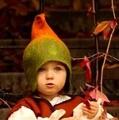radio-appears reviewed Het verboden dakterras by Fatima Mernissi
Growing up in a harem
If highly recommend this book to anyone who's interested in the topics of feminism, women's rights and Islam. It skillfully circumvents the Western tendencies to either paint all Muslim women as oppressed doormats and all Muslim men as patriarchal brutes, as well as the tendency sometimes seen in more liberal spaces to refuse to acknowledge the religious oppression of women in Arabic countries entirely. And it does it while being an accessible and beautifully written memoir, rather than a dry academic text!
This book broadened my perspective so much by mentioning Muslim feminist thinkers (male and female) that I'd never heard of before. (This is the sort of book in which you do NOT skip the footnotes.) While Mernissi is a little child who feels the pressure to fulfill her mother's wish to be "a modern woman", most of the other characters are her family members of an older generation. Divorced women, women who live in a harem, are concubines, or former enslaved people. Though largely illiterate, they are smart and self-possessed, and they crave stories about Muslim women with more freedom and power than they have. Some of the most interesting and strong women in the book are the nine wives/concubines of Mernissi's grandfather.
There's a lot of passages that feel like little covert critiques of the space Western (especially second wave) feminism affords to sensuality, beauty, romance, polygamy (she's not a fan) and magic and that's very valuable too.
It's a funny coincidence, I ended my year with a book written by a female Moroccan author, and I started it with a book of poems from another Moroccan woman. She was probably about two decades old when Mernissi was born, so their lives overlapped too. I'm definitely going to review her work, too. It's just too interesting to not talk about.


